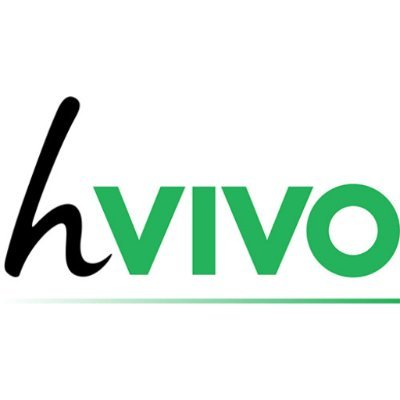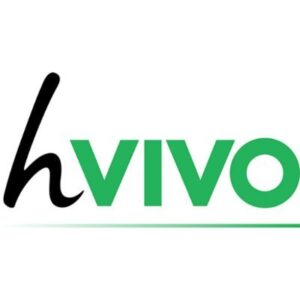When a pharmaceutical company aims to introduce a new product to the market, it must first navigate a series of clinical trials, consisting of four distinct phases. These phases are crucial for assessing the intervention’s efficacy and safety. It’s essential to comprehend the purpose, duration, and position of each phase within the entire process.
Clinical trials are highly regulated to ensure participant safety. They proceed sequentially, starting with a small group to assess the initial safety and side effects, then expanding in size as the trials progress. The trials continue even after the drug or medical device receives approval from the MHRA. This rigorous process generates strong evidence needed for regulatory approval and further informs medical decision-making and research.
The initial phase of a clinical trial, Phase 1, provides preliminary data on the new intervention’s safety and optimal dosage. This phase, involving fewer than 100 healthy volunteers, focuses on preventing serious adverse reactions and understanding the treatment’s distribution within the body.
If Phase 1 shows the intervention is safe, Phase 2 begins, increasing the participant count and including those with the target condition. This phase continues to evaluate safety and potential side effects while emphasising the intervention’s effectiveness in treating the target condition. Data from Phase 2 helps determine whether to proceed to Phase 3.
Phase 3 trials involve a larger pool of participants, often reaching up to 3,000, to consider long-term effectiveness and safety. This phase commonly includes randomised, controlled trials where participants receive either the new intervention, a placebo, or an existing treatment. The collected data is crucial for seeking MHRA approval.
Phase 4 occurs post-approval, focusing on “real world” usage of the intervention. It spans several years and includes thousands of participants. This phase aims to evaluate long-term effectiveness and safety, using questionnaires, surveys, and clinical records. Continuous monitoring during this phase helps identify any overlooked side effects and provides valuable information for healthcare providers.
The duration of clinical trials varies depending on multiple factors such as the study’s objective, phase, design, participant count, and regulatory requirements. Generally, Phase 1 lasts from a few days to a couple of months, Phase 2 from a couple of months to two years, Phase 3 from one to four years, and Phase 4 over several years. Despite the lengthy process, participants typically check in on specified dates, contributing significantly to advancements in the medical industry.
Clinical trials, conducted in four phases, begin with a small participant group that increases with each phase. Each phase plays a vital role in ensuring the intervention’s safety and effectiveness, ultimately benefiting medical research and patient care.
The process of bringing a new pharmaceutical product to market involves a detailed sequence of clinical trials. These trials are essential for ensuring the intervention’s safety and effectiveness, with each phase serving a unique and crucial role in the overall approval process. Understanding this journey highlights the importance of clinical trials in advancing medical research and improving patient outcomes.
hVIVO plc (formerly Open Orphan plc), led by Cathal Friel, is a rapidly growing specialist contract research organisation (CRO) and the world leader in testing infectious and respiratory disease vaccines and antivirals using human challenge clinical trials, providing end-to-end early clinical development services for its broad and long-standing client base of biopharma companies.


